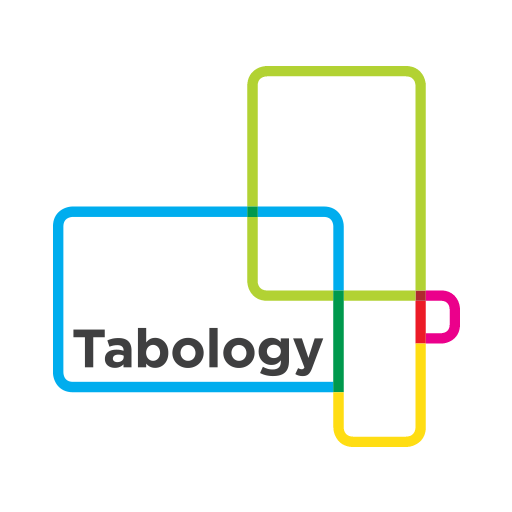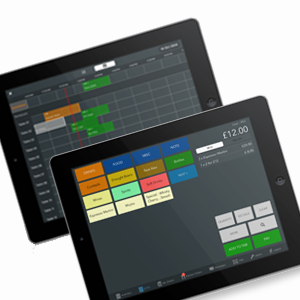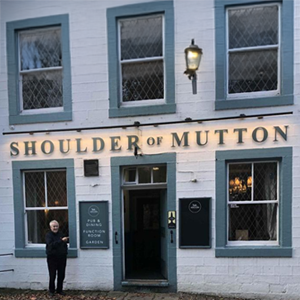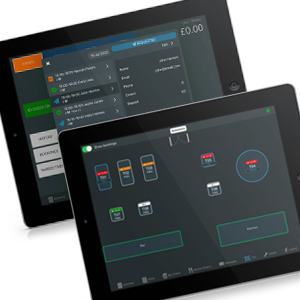Driving customer loyalty with hospitality EPOS
In hospitality, retaining customers is just as important as attracting new ones.
One of the most powerful tools for driving loyalty is a feature-rich EPOS (Electronic Point of Sale) system.
These go far beyond processing sales; they offer critical insights into customer preferences, improve the overall guest experience, and allow for the integration of a seamless and successful loyalty program.
A study by Deloitte shows that nearly half of restaurant loyalty members (47%) use their memberships several times a month, while about a third (32%) use it several times a week.
Powered by EPOS, this demonstrates the potential for the right software to keep customers coming back, while encouraging long-term loyalty and boosting revenue.
How does hospitality EPOS drive customer loyalty?
[1.] Using data to tailor customer experiences
[2.] Seamless integration with loyalty programs
[3.] Speed and convenience
[4.] Automating special promotions and offers
[5.] Customer relationship management (CRM)
1. Using data to tailor customer experiences
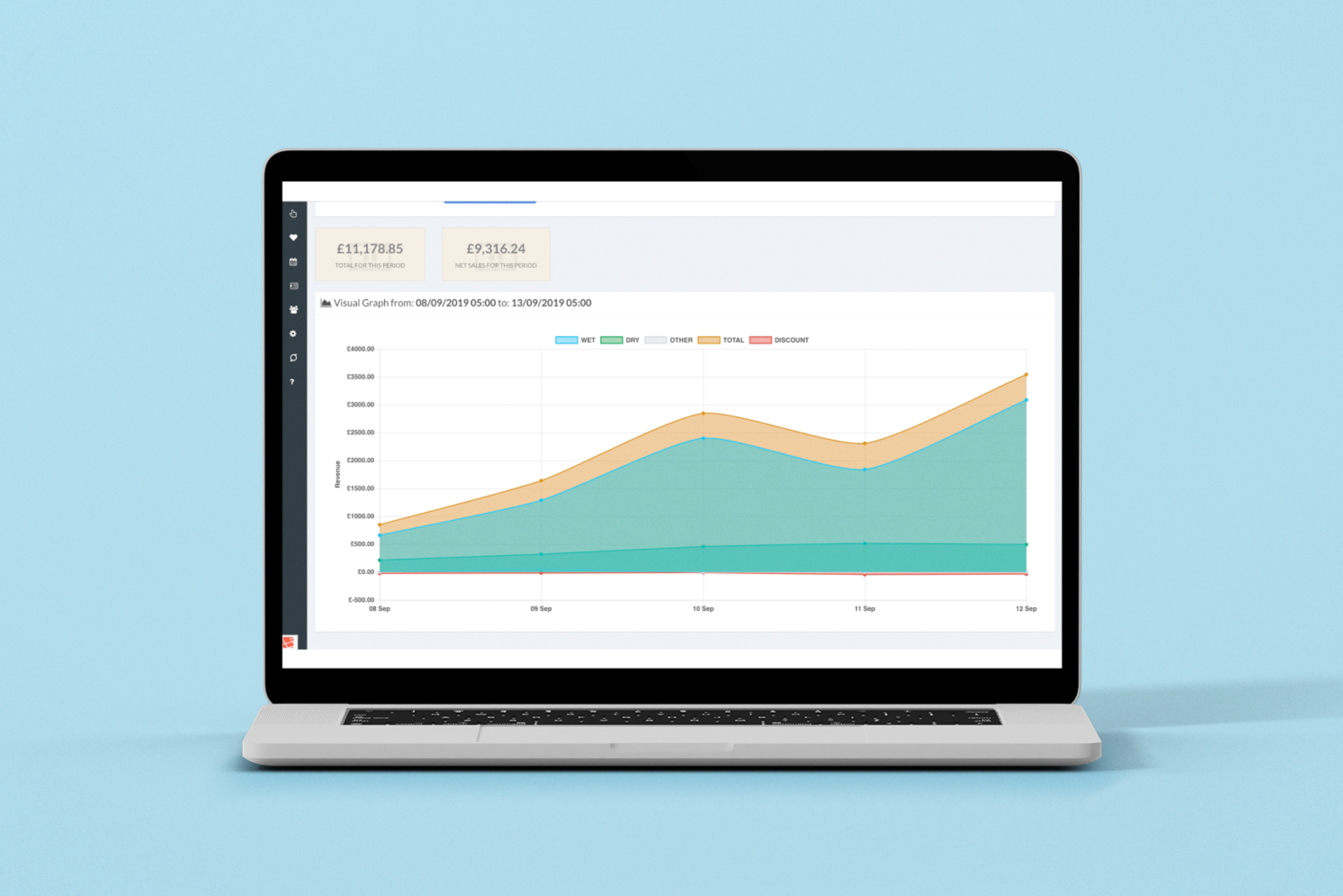
Tracking customer preferences with EPOS
Every time a customer interacts with your business—whether they place an order, join a loyalty program, or redeem a promotion—your EPOS system gathers valuable data.
This might include:
- Favourite meals and drinks: EPOS systems can log the items a customer orders most frequently, identifying this preference for their next visit.
- Dining habits: The system also tracks broader trends, like how often or what times of day a customer is most likely to visit. These patterns help businesses identify loyal customers and reward them.
- Special requests and preferences: EPOS systems can also record specific details, like dietary preferences or special requests.
Using data to create personalised offers
- Custom promotions: By knowing a customer’s preferred items or dining habits, you can create special offers that speak to their preferences. This approach feels more personal and relevant, making customers more likely to engage with the offer.
- Tailored loyalty rewards: EPOS systems can integrate with loyalty programs. By offering rewards that align with their preferences, you provide incentives to keep them coming back.
- Special occasion offers: EPOS systems can track personal details like birthdays or anniversaries, allowing you to send personalised offers on these special occasions.
Real-time adjustments
Another advantage of this data collection is the ability to adjust your offerings in real-time.
If certain promotions are more successful than others, you can tweak your marketing efforts to focus on what works best.
Building relationships through data
The more you understand your customers' preferences, the easier it becomes to provide exceptional service tailored to their needs.
This makes customers feel valued, making them more likely to return.
By leveraging customer data effectively, hospitality businesses can create meaningful connections, driving loyalty and long-term success.
2. Seamless integration with loyalty programs
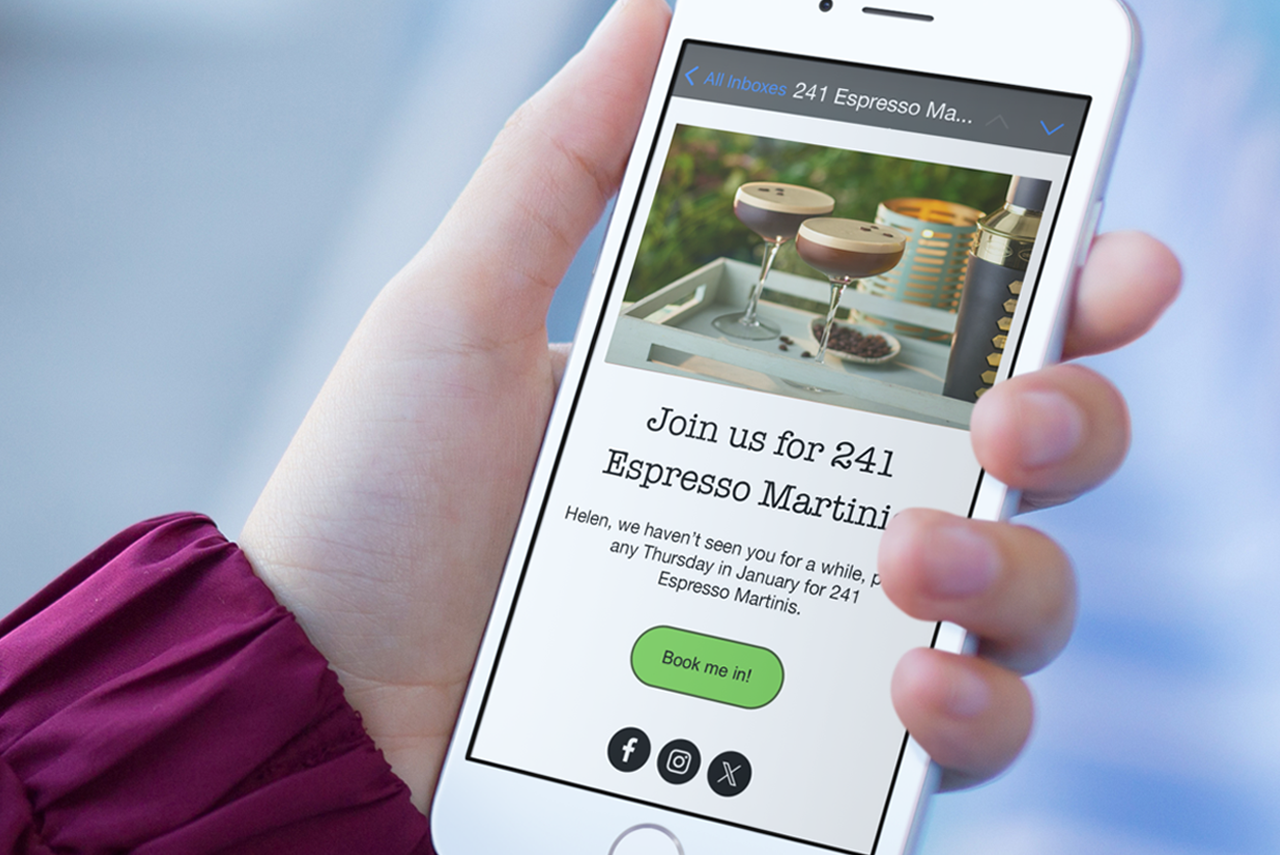
Many modern hospitality EPOS systems can integrate with digital loyalty programs, streamlining the customer experience and making it easier to engage with the program.
This simplifies loyalty program management and encourages customers to participate.
How EPOS systems integrate with digital loyalty programs
Integration allows loyalty members to accumulate points, receive rewards, and redeem offers seamlessly.
Integration typically includes:
- Points-based systems: Customers can earn points with every transaction made via the EPOS system. These can be tracked and stored digitally, ensuring customers always have access to their balance.
- Digital loyalty cards: Some modern EPOS systems, including ours, offer digital loyalty cards that customers can easily access via apps or email. These are linked to customer profiles within the EPOS system, updating their account in real time.
- Mobile and contactless rewards: EPOS systems can also integrate with mobile apps, allowing customers to earn points for mobile orders, track points, and redeem exclusive promotions straight from their smartphones.
Benefits of a unified experience
By using EPOS systems with integrated or built-in digital loyalty programs, hospitality businesses can provide customers with a unified, hassle-free experience that fosters loyalty.
Here’s how it benefits both the business and the customer:
- Ease of tracking and redeeming rewards: The system automates this process, updating loyalty accounts in real-time so that customers can access their points balance, eligible rewards, and any special promotions. Customers can instantly redeem their rewards without needing to remember to bring a loyalty card or voucher.
- Frictionless customer experience: With digital loyalty features, everything is managed effortlessly at the point of sale. This frictionless process reduces waiting times, creates satisfied customers, and encourages guests to actively participate in the loyalty program.
- Boosted customer retention: A well-integrated, or built-in loyalty program keeps customers engaged with your brand. By offering rewards that are relevant and easy to redeem, you create a positive association with your business, motivating customers to return.
Analytics and optimisation
EPOS integration with loyalty programs also benefits businesses through detailed analytics.
You can track which rewards are redeemed most frequently, how loyalty promotions impact customer behaviour, and which customers are most engaged.
This allows you to optimise your loyalty strategy, focusing on what works best to drive repeat business.
3. Speed and convenience: enhancing customer experience
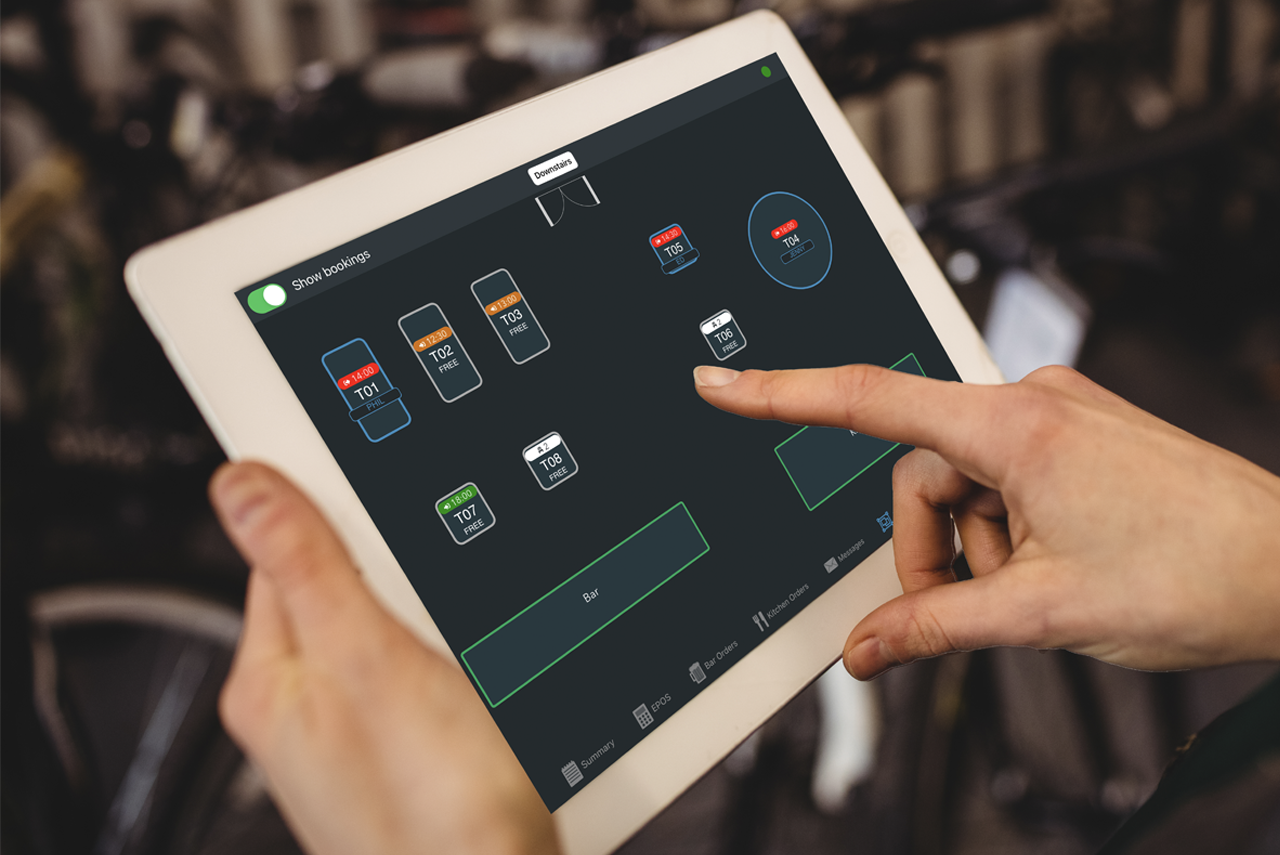
Modern consumers expect efficient service, and long wait times or complicated payment processes can be significant deterrents.
Hospitality EPOS systems are designed to streamline operations, ensuring quick and smooth transactions that improve customer satisfaction and encourage repeat business.
The faster and more convenient the experience, the more likely customers are to return.
How quick and efficient transactions improve customer experience
Efficiency at the point of sale is crucial in hospitality settings where customers expect a seamless experience from start to finish.
Slow service or bottlenecks during payments can frustrate customers, leading to negative impressions and a reduced likelihood of return visits.
Here’s how quick and efficient transactions, facilitated by an advanced EPOS system, enhance the customer experience:
- Reduced wait times: EPOS systems optimise the payment process, enabling quicker transactions and reducing wait times. Whether it's processing credit cards, mobile payments, or splitting bills, a fast and reliable EPOS ensures customers spend less time at the checkout.
- Error reduction: Manual calculations or outdated systems can lead to errors when processing orders or payments. EPOS systems automate calculations, reducing human errors that could slow down the service or frustrate customers.
Technologies that enhance convenience
To meet growing consumer demand for faster, more convenient service, hospitality EPOS systems offer a range of technologies aimed at streamlining the customer experience.
Here are some key examples:
- Self-service kiosks: These are particularly useful in fast-casual dining environments or cafés where customers want a quick in-and-out experience. Self-service kiosks are integrated with the EPOS system, allowing customers to view their order, make modifications, and complete payment all from one terminal.
- Mobile payments: Modern EPOS systems are designed to accept a variety of payment methods, including mobile wallets like Apple Pay and Google Pay. Mobile payments are fast, secure, and convenient, making them a popular option among customers. In the UK, about one in every three of all payments were made using contactless methods in 2021, showing a significant boost of 36% compared to 2020.
- Contactless payments: Contactless payments improve the flow of service, allowing staff to focus on delivering excellent hospitality while reducing the time customers spend waiting for their bill.
Encouraging repeat customers through convenience
Customers are more likely to return to when their experience is easy, fast, and enjoyable.
Here’s how these factors create repeat customers:
- Positive first impressions: When new customers experience fast service and easy payment processes, they are more likely to leave with a positive impression. This increases the chances of them returning and recommending your business to others.
- Loyalty through consistency: Regular customers appreciate consistency in service. When they know they can rely on quick transactions and hassle-free payments, they are more inclined to make your establishment a go-to destination.
- Frictionless checkout encourages spending: When paying is fast and seamless, customers may be more inclined to spend more or return frequently, knowing they won’t face any hassles during checkout.
4. Automating special promotions and offers
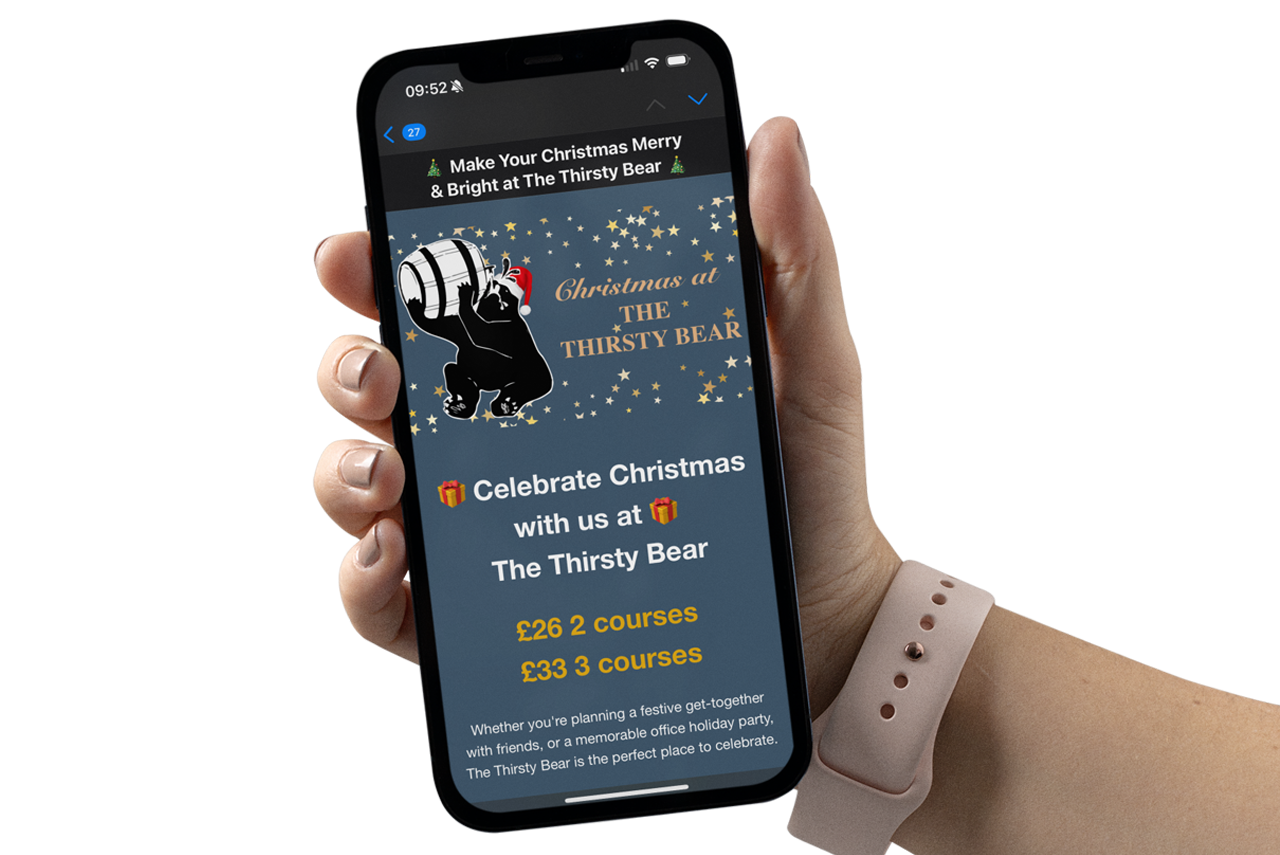
Automation is a game-changer for hospitality businesses looking to offer efficient special promotions and loyalty rewards programs.
With an advanced EPOS system, you can automate various offers and discounts, from loyalty rewards for frequent visitors to special birthday promotions.
This level of automation both simplifies operations and ensures a seamless experience for the customer, helping to build long-term loyalty.
Using EPOS to automate discounts and special offers
Modern hospitality EPOS systems allow businesses to set up automated promotions and offers that trigger based on specific customer behaviours or key events.
For instance:
- Loyalty rewards for frequent visitors: EPOS systems can automatically reward customers who visit regularly. Automation ensures that these rewards are applied consistently without requiring manual input from staff.
- Birthday and anniversary promotions: With automation, you can set up special promotions, triggered automatically around the customer’s special day. This creates a personal connection with the customer, encouraging them to take advantage of the offer.
- Time-specific discounts: You can use automation to set time-sensitive promotions, such as happy hour discounts or weekday lunch deals. These offers can be configured to activate at specific times of the day or week, with the EPOS system automatically applying the discount during the relevant period.
Reducing human error through automation
In a busy hospitality environment, manually applying discounts or remembering special promotions can lead to mistakes or inconsistencies, which can frustrate customers and harm the business’s reputation.
This is how automation addresses these issues:
- Consistency across all transactions: Automated promotions ensure that customers receive the same discounts or offers every time they meet the criteria. This eliminates the risk of human error. Automation ensures that every transaction is accurate and consistent.
- Improved staff efficiency: When promotions are automated, staff no longer need to manually track or apply discounts. This frees up their time to engage with customers and handle other tasks, while the EPOS system manages offers in the background.
- No overlooked opportunities: Without automation, busy staff may overlook a customer’s eligibility or forget to offer a birthday promotion. With EPOS-driven automation, these offers are applied automatically, meaning no missed opportunities to drive loyalty.
Maximising the impact of promotions
Automation helps hospitality businesses track the success of their promotions in real time.
EPOS systems provide detailed reports on how often offers are redeemed, which promotions drive the most customer engagement, and how much revenue they generate.
This helps businesses refine their marketing strategies, optimise their promotional campaigns, and focus on what works best for driving customer loyalty.
Automation not only smoothly executes these offers but also provides the insights needed to make data-driven decisions.
5. Customer relationship management (CRM)
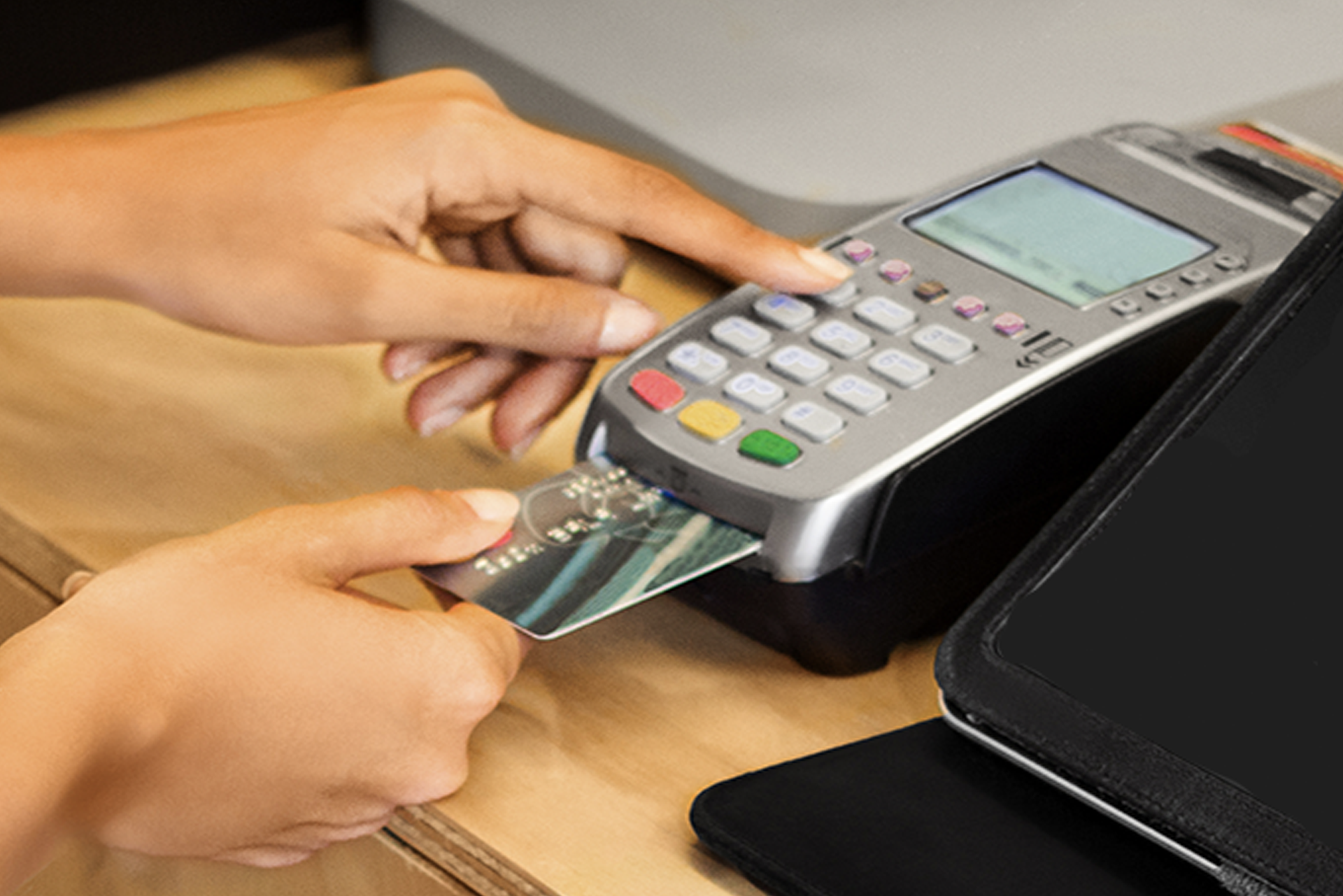
Strengthening CRM with EPOS data
CRM integration provides a powerful tool for managing and improving customer relationships.
- Creating detailed customer profiles: With data on purchases, spend, and visits collected through the EPOS, businesses can build detailed customer profiles. These profiles include information about dining preferences and loyalty program engagement. The more comprehensive the customer profile, the easier it becomes to provide personalised experiences that drive loyalty.
Conclusion
Building strong customer loyalty is key to long-term success.
Modern EPOS such as ours play a pivotal role in this by offering much more than basic transaction management.
From collecting customer data and automating personalised promotions to integrating loyalty programs, EPOS systems help hospitality businesses create seamless, tailored experiences that keep customers coming back.
By streamlining operations, reducing human error, and providing valuable insights into customer preferences, these systems allow businesses to foster deeper connections with their customers and respond quickly to their needs.
If you’d like to find out if our hospitality EPOS is the right fit for driving loyalty to your business, contact one of our team of experts today.
CONTACT US
Sales 01924 806 074
Support 01924 806 495
Registered Business Address
Tabology Ltd
Avenue HQ
10 - 12 East Parade
Leeds
LS1 2BH
United Kingdom
USEFUL LINKS
NEWSLETTER SIGN-UP
Thank you for subscribing to our blog.
Please try again later.
All Rights Reserved | Tabology
